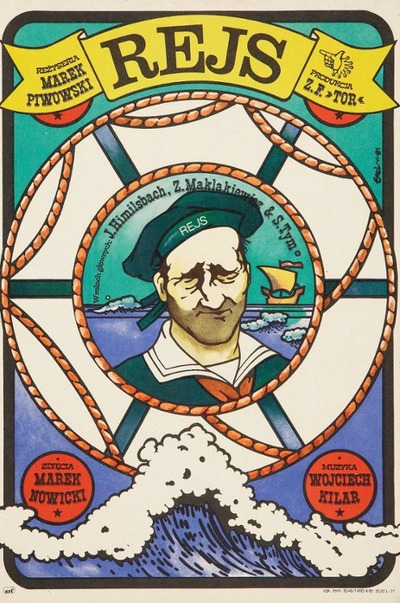Używamy plików cookie, aby pomóc użytkownikom w sprawnej nawigacji i wykonywaniu określonych funkcji. Szczegółowe informacje na temat wszystkich plików cookie odpowiadających poszczególnym kategoriom zgody znajdują się poniżej.
Pliki cookie sklasyfikowane jako „niezbędne” są przechowywane w przeglądarce użytkownika, ponieważ są niezbędne do włączenia podstawowych funkcji witryny....
Niezbędne pliki cookie mają kluczowe znaczenie dla podstawowych funkcji witryny i witryna nie będzie działać w zamierzony sposób bez nich.Te pliki cookie nie przechowują żadnych danych umożliwiających identyfikację osoby.
Funkcjonalne pliki cookie pomagają wykonywać pewne funkcje, takie jak udostępnianie zawartości witryny na platformach mediów społecznościowych, zbieranie informacji zwrotnych i inne funkcje stron trzecich.
Analityczne pliki cookie służą do zrozumienia, w jaki sposób użytkownicy wchodzą w interakcję z witryną. Te pliki cookie pomagają dostarczać informacje o metrykach liczby odwiedzających, współczynniku odrzuceń, źródle ruchu itp.
Wydajnościowe pliki cookie służą do zrozumienia i analizy kluczowych wskaźników wydajności witryny, co pomaga zapewnić lepsze wrażenia użytkownika dla odwiedzających.
Reklamowe pliki cookie służą do dostarczania użytkownikom spersonalizowanych reklam w oparciu o strony, które odwiedzili wcześniej, oraz do analizowania skuteczności kampanii reklamowej.

Marek Piwowski
Polska, 1970
66'
Polski z angielskimi napisami / In Polish with English subtitles
Stanisław Tym, Zdzisław Maklakiewicz, Wanda Stanisławska-Lothe, Jan Himlisbach
